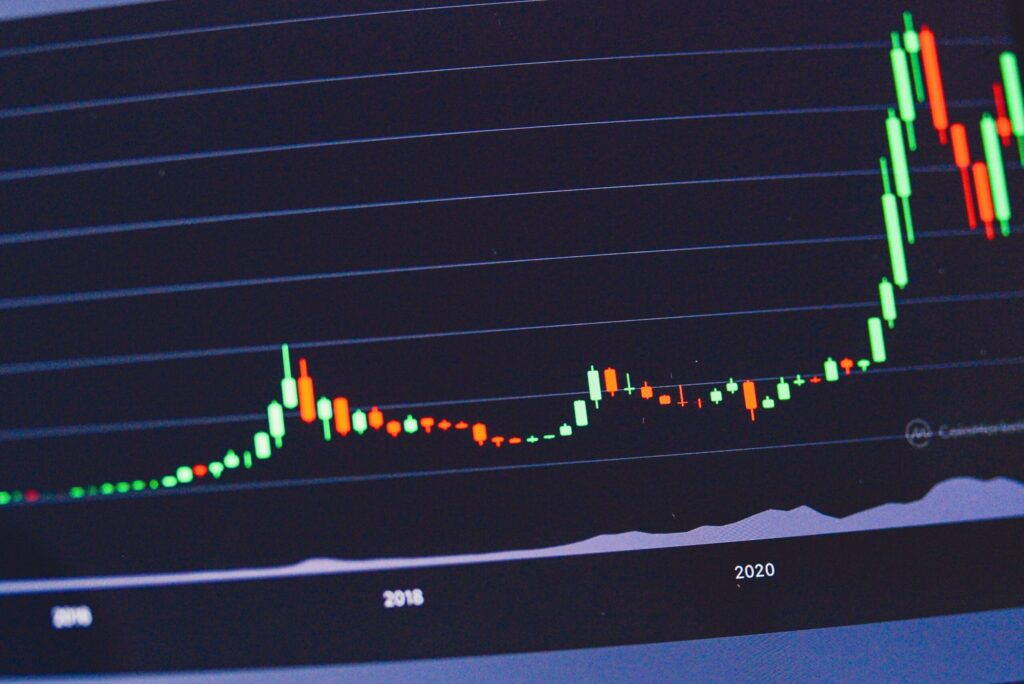NFTs (Non-Fungible Tokens) and their VAT Framework
This article is an abridged version of the full study on “NFTs: Nothing Left Untaxed?”, available in full on: Reis, Joana Maldonado e Mariana Gouveia de Oliveira, NFTs: Nada Fica por Tributar? Cadernos do IVA 2024 [coord. Sérgio Vasques], Coimbra: Almedina, 2024, p. 433 – 451
Context and background
The digitalization of the economy has brought disruptive phenomena such as crypto-assets, which challenge traditional paradigms of law and taxation. In Portugal, until the 2023 State Budget, there was no specific tax framework for these phenomena, a situation that led the country to be perceived as a ‘tax haven’ for operators. The new legislation introduced definitions and rules for Personal Income Tax (IRS) and Stamp Duty but excluded VAT, an area where uncertainty and limited guidance persist.
In this context, Non-Fungible Tokens (NFTs) have particular relevance, as they represent an innovation distinct from cryptocurrencies and raise complex questions regarding their tax framework.
By way of context, NFTs are unique digital assets, such as the Bored Ape Yacht Club (BAYC) collection, which are based on blockchain technology, representing ownership of digital or physical goods. Unlike fungible coins or tokens, they are not interchangeable, which gives them unique value and brings them closer to works of art. Their authenticity, security, and traceability make them valuable instruments, while at the same time opening the door to new business models, allowing artists and creators to sell digital works directly and benefit from royalties on future resales. Examples of applications include digital art, music, virtual goods in metaverses, or video game items. This potential has contributed to the rapid growth of the market, which currently involves substantial amounts.
Notably, NFTs gained global relevance through collections such as the Bored Ape Yacht Club (BAYC), composed of 10,000 unique images of “bored apes,” algorithmically generated and registered on the blockchain, which, in addition to artistic value, function as membership cards to exclusive communities with digital and metaverse benefits.
Regulatory Framework and Challenges
The lifecycle of an NFT can be described in three main stages:
- Minting, which consists of creating the token through smart contracts and involves paying gas fees;
- Trading, i.e., its purchase and sale, in both primary and secondary markets, including the possibility of paying royalties; and
- Earning, corresponding to obtaining NFTs for free, often associated with rewards in games or metaverses.
Each of these phases raises its own challenges for VAT purposes.
The VAT framework of NFTs requires verification of several conditions: whether we are dealing with transfers of goods or services, whether there is consideration, whether the operation is carried out by taxable entities, and where it takes place. The analysis of the EU VAT Committee emphasizes the need for a case-by-case evaluation, avoiding oversimplification. Minting tends to be classified as the provision of electronic services, but the anonymity between creator and validator makes it difficult to identify the legal relationship and the location of the operation. Trading may receive different qualifications: property title, voucher, composite supply, or digital service, depending on the underlying asset. Earning, when free, tends to fall outside the scope; however, in professional contexts it may constitute economic activity. There is also the difficulty of fixing the taxable base when operations are settled in cryptocurrencies, which requires clear criteria for conversion into fiat currency, creating legal uncertainty and the risk of double taxation or erosion of the tax base.
Comparative experience demonstrates the absence of international consensus:
- Belgium – considers NFTs electronic services subject to VAT at the standard rate;
- Italy – distinguishes utility tokens (not subject to VAT) from the effective provision of services (subject to VAT);
- Spain – considers NFTs to be an electronic service;
- United States – opts to tax according to the underlying asset.
This diversity reveals the lack of harmonization, increasing the risk of tax misalignment in the European space.
The issue of the qualification, for VAT purposes, of transactions involving non-fungible tokens (NFTs) remains open in the case law of the Court of Justice of the European Union (CJEU). As of the present date (September 2025), there is no judgment of the CJEU that definitively rules on the VAT treatment of NFTs.
However, three levels of sources already provide relevant interpretative elements:
- CJEU case law on digital assets
The Hedqvist judgment (C-264/14) held that exchanging bitcoin for legal tender is a taxable service but exempt under Article 135(1)(e) of the VAT Directive. While not about NFTs, it sets the interpretative framework for digital assets.
- Opinions and references in pending proceedings
In C-472/24, AG Kokott (11 September 2025) explicitly mentioned NFTs as examples of taxable electronic services, signalling a trend towards their VAT qualification in this category.
- Judicial references to NFTs in other contexts
The General Court (T-82/24, 13.11.2024) referred to NFTs in a trademark case, showing that the concept is already recognized in EU legal reasoning, even outside taxation.
Recommendations and future outlook
NFTs expose the limitations of the traditional tax framework in the face of innovative digital realities. The lack of European harmonization increases uncertainty and weakens legal certainty. It is urgent to adapt the VAT Directive, ensuring consistency, predictability, and tax neutrality. The response must be balanced, avoiding ad hoc solutions, ensuring conditions for the flourishing of the digital economy, and promoting a legal framework that encourages technological innovation without compromising tax justice. In addition to technical difficulties, a question of principle remains: how to ensure the adequacy of the tax system to an increasingly digital, dematerialized, and cross-border economy?
Adapting tax systems to the digital economy requires a fundamental shift from territorial models to approaches based on economic substance and digital presence. The solution involves developing coordinated international frameworks that implement real-time digital reporting mechanisms, embrace technological solutions such as blockchain and artificial intelligence, and establishing multilateral agreements to prevent double taxation. The aim is to create a tax ecosystem that reflects genuine economic activity, prioritizing the principles of fairness, efficiency, and neutrality, regardless of the digital or physical manifestation of operations, becoming as adaptable and borderless as the digital economy itself.










































